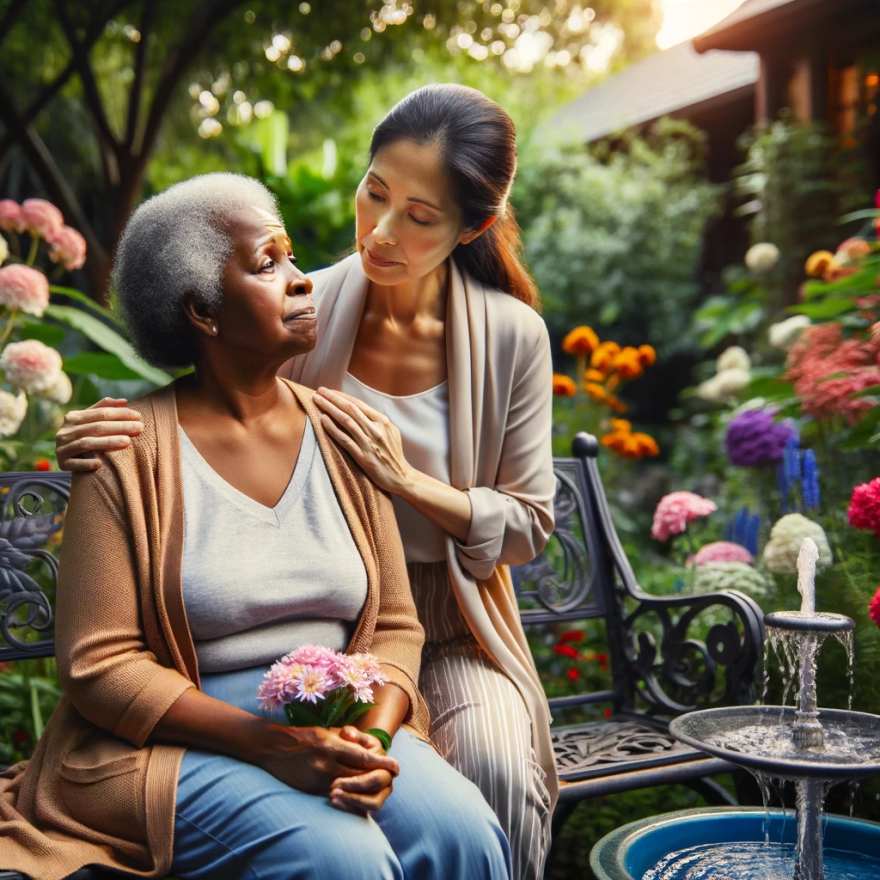|
In solo aging, where the presence of immediate family may be absent, cultivating a sense of safety and self-reliance is paramount.
Today, we delve into an impactful daily practice that can fortify the lives of solo agers: establishing a reliable check-in system.
Do this one thing

The Power of a Daily Check-In
A daily check-in routine is a cornerstone for those aging alone to feel secure and connected. It is a simple yet effective practice that entails reaching out to a trusted friend, community member, or a professional service for a brief, regular conversation, or even a simple text. This can be done via phone, text, or through various technological platforms.
Why a Check-In System?
-
Safety Assurance: A daily check-in provides a safety net, ensuring that if a solo ager needs urgent help, it's quickly noted and action can be taken.
-
Mental Health Benefits: Regular interaction can combat loneliness, a common challenge among solo agers, and provide a mental health boost.
-
Routine Building: Establishing a check-in habit creates structure, fostering a sense of purpose and regularity in daily life.
-
Community Connection: It nurtures a sense of belonging, reinforcing the individual's connection to their community.
-
Early Detection: Through consistent communication, changes in health or behavior that may require attention can be detected early.
Implementing the Practice
To incorporate check-in into daily life:
- Identify a Check-In Buddy: Choose someone reliable who understands the importance of this routine.
- Set a Time: Decide on a specific time for check-ins to ensure consistency.
- Use Technology: Consider wearable tech or apps that can automate check-ins or send alerts if a check-in is missed. Consider SnugSafe.com. (I use the free version. If you sign up, use my affiliate code SOLO10 and receive a 10% discount on the subscription service.)
- Have a Plan: Establish what steps should be taken if a check-in is missed.
A Step Towards a Supportive Future
By embracing a daily check-in system, they not only safeguard their well-being but also deepen their ties to the community around them, ensuring that they do not age in isolation but in a web of mutual care and respect.
It's a good practice to include in your daily schedule.
|